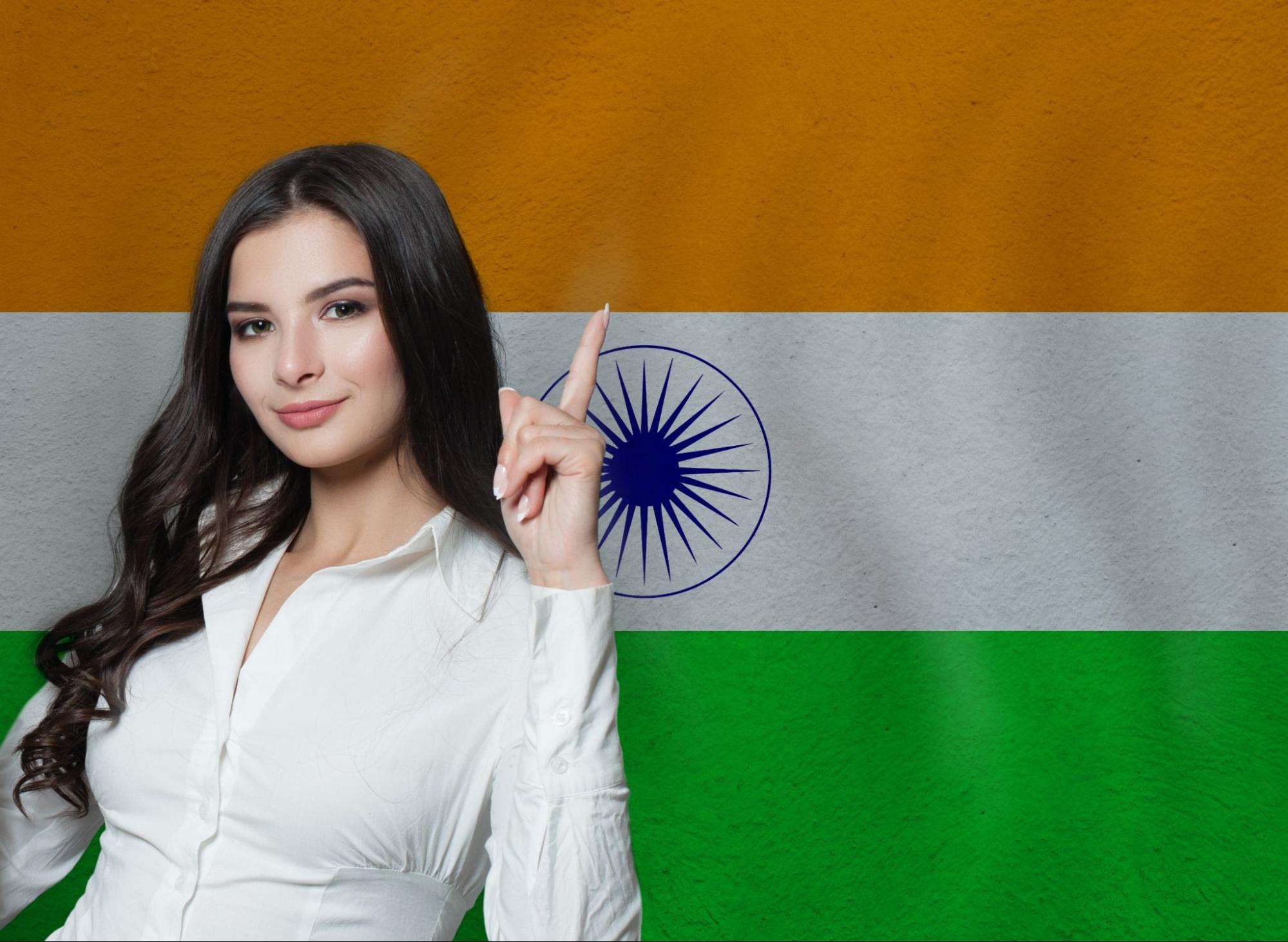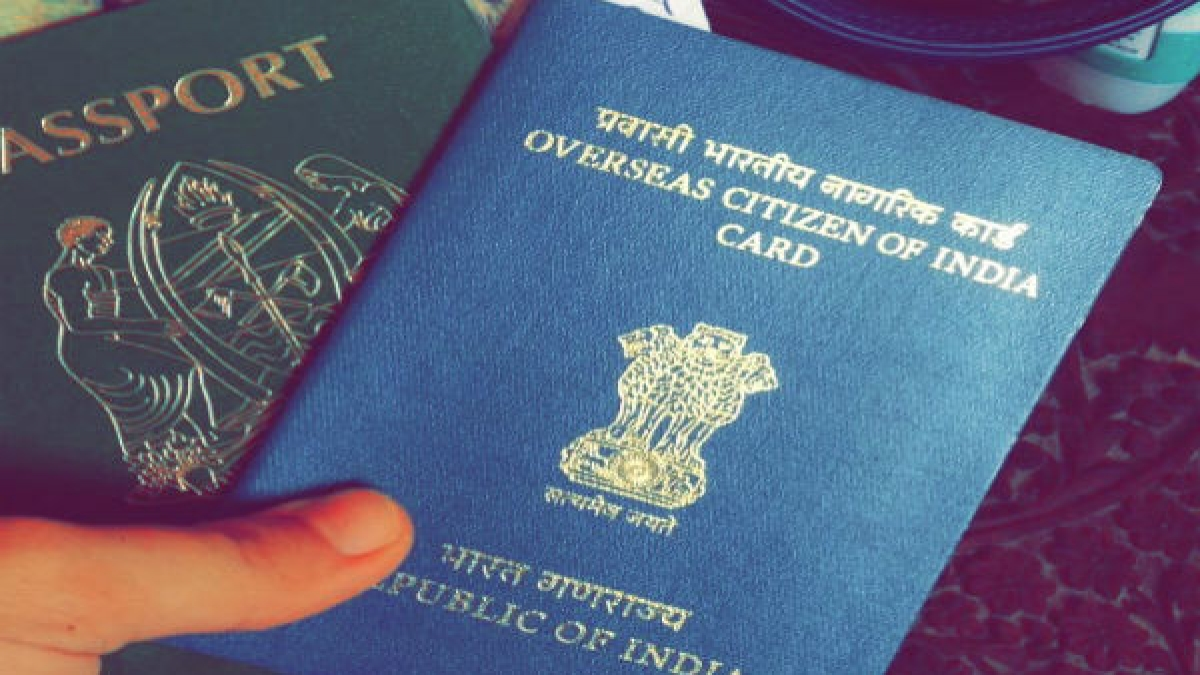Visa-Free Nations for Indians
India, with its abundant history, lively culture, and varied scenery, is a top destination for numerous globetrotters. For citizens of select nations, experiencing India's timeless beauty is made even more accessible due to the visa-free arrangements in place. This blog is your all-encompassing guide, delving into the countries benefiting from this privilege and the details of India visa free and visa-on-arrival agreements.

Visa Exemptions for Citizens to India
Citizens of Bhutan, Maldives, and Nepal enjoy a visa exemption when travelling to India, permitting them to stay in the country for up to 90 days without the need for a visa. This privilege applies regardless of their point of origin, allowing them to enter India from any country globally, with the exception of mainland China.
Visa Requirements for Travelers from Mainland China to India
All individuals, regardless of their nationality, who intend to travel to India from mainland China, are required to obtain a visa before their entry into the country. This visa requirement applies to both Chinese citizens and foreigners coming from mainland China, ensuring that they must complete the visa application process prior to their journey to India.
Visa Exemption for Persons of Indian Origin Card Holders
Travellers holding a Persons of Indian Origin Card (PIO Card) and hailing from specific countries enjoy the privilege of entering India without the need for a visa. Nationals of the following countries are eligible for this visa exemption:
- Afghanistan
- Bangladesh
- Bhutan
- China
- Nepal
- Pakistan
- Sri Lanka
Holders of the PIO Card from these nations can enter India without the requirement of a visa, facilitating their travel to the country.
Eligibility for Applying for a Person of Indian Origin Card
Individuals who have held an Indian passport, are married to an Indian citizen, or can trace their ancestry to Indian parents, grandparents, or great-grandparents are eligible to apply for a Person of Indian Origin (PIO) card. By obtaining this card, they can bypass the conventional visa application process when travelling to India.

- Inclusive Invitation for Most Persons of Indian Origin
This invitation to apply for a Person of Indian Origin card is extended to a broad range of individuals with Indian heritage. However, the final eligibility largely depends on your nationality. If you meet any of the specified criteria mentioned above, it is advisable to visit the official government website to verify whether citizens of your particular country are eligible to apply for the PIO card.
Visa on Arrival Eligibility in India
India offers the privilege of obtaining a visa on arrival to citizens of only three specific countries. This means that travellers from these nations can enter India without the need to apply for a visa in advance; instead, they receive a visa stamp directly on their passport.
- Visa on Arrival for Japanese and South Korean Citizens
Citizens of Japan and South Korea can avail a visa on arrival, allowing them a stay of up to 30 days in India. However, it's essential to note that this visa privilege is not applicable to individuals of Bangladeshi or Pakistani origin.
- Visa on Arrival for United Arab Emirates Nationals
The United Arab Emirates (UAE) nationals are also eligible for a visa on arrival in India. However, this is contingent on them having obtained either an electronic visa or a paper visa for their travel to India in advance.
In all other instances, travellers are required to apply for different types of visas to visit India, depending on their specific travel purposes and nationalities.
Categories of Indian Visas
Indian visas are categorised into various types, each tailored to different purposes and travel needs, from tourism to business and medical visits.
- Employment Visa
The Employment Visa is designed for highly skilled individuals seeking to work in India. It is typically valid for a duration of 5 years or the specified contract period and can be extended while the individual is in India.
- Business Visa
A Business Visa is granted to those travelling to India for business-related activities. This type of visa is generally valid for up to 5 years and may be extended while the individual is in India.
- Project Visa
The Project Visa is intended for individuals engaged in projects within the Power and Steel sectors. Its validity extends for 1 year or the actual duration of the project or contract, making it suitable for project-specific stays.
- "X"/Entry Visa
An "X" or Entry Visa is issued to family members accompanying foreign nationals. It typically allows a stay of up to 5 years, providing a convenient option for family reunification.
- Tourist Visa
The Tourist Visa is for individuals visiting India for tourism purposes. It usually has a validity period of 30 days and cannot be extended once the traveller is in India.
- Research Visa
Research Visa caters to those involved in research activities across various fields. It comes with a validity of 5 years and can be extended during the individual's stay in India.
- Transit Visa
The Transit Visa is intended for travellers passing through India en route to their final destination. Its validity is 15 days, and it cannot be extended within India.
- Conference Visa
For individuals participating in international conferences or seminars organised by government institutions, public sector units, or non-governmental organisations, the Conference Visa is granted for the duration of the event.
- Medical Visa
The Medical Visa is available to individuals seeking medical treatment at recognized and specialised hospitals and treatment centres in India. It typically offers a validity of 1 year for medical purposes.
FAQS
Which countries allow Indian citizens to visit without a visa?
Indian citizens can visit several countries without a visa or with visa-free access. These countries include Bhutan, Maldives, Nepal, and a few more.
Is a visa required for travel to the United States as an Indian citizen?
Yes, Indian citizens typically require a visa to travel to the United States. The most common visa for tourism and short visits is the B-1/B-2 tourist visa.
Can Indian citizens enter countries in the European Union without a visa?
Indian citizens generally need a Schengen Visa to visit countries in the Schengen Area, which includes many European Union member states. Some European countries may have different visa requirements, so it's essential to check the specific requirements for the country you plan to visit.
Can Indian passport holders get visa-free access to other Asian countries?
Yes, Indian passport holders can enjoy visa-free access or visa-on-arrival in some Asian countries. For example, they may receive visa-free access to countries like Thailand, Indonesia, or Sri Lanka, depending on the purpose and duration of their visit.
Is there a visa-free arrangement for Indian citizens in the United Arab Emirates?
Indian citizens can get a visa on arrival in the United Arab Emirates (UAE) if they meet certain conditions or have prior electronic or paper visa approvals.
Do visa requirements change frequently, and how can I stay updated on them?
Yes, visa requirements can change, so it's crucial to check with the embassy or consulate of the country you plan to visit or visit the official website of the respective country's immigration department. Additionally, you can consult the Indian Ministry of External Affairs or use reputable travel visa advisory services for up-to-date information.
How can I apply for a visa if it's required for my destination?
Visa application processes vary by country. Generally, you will need to visit the embassy or consulate of the country you plan to visit to apply for a visa. You will usually need to provide supporting documents, passport photos, and pay the applicable visa fee. Be sure to check the specific requirements for your destination.
1 responses to “Visa-Free Nations for Indians”